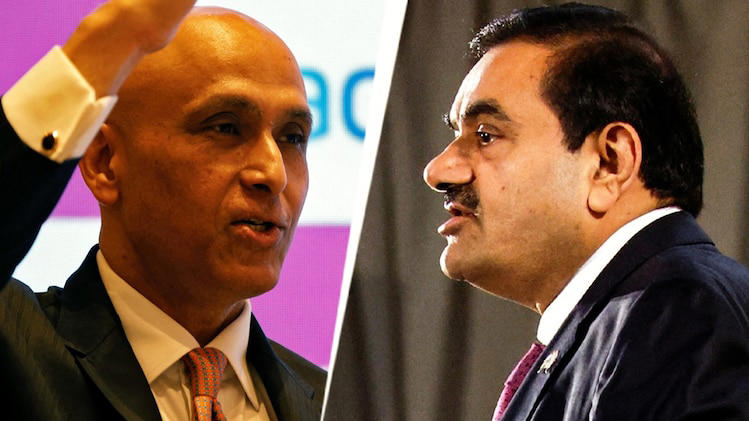Indian conglomerate Adani Group has stepped up for Indian students and H1B visa aspirants as their Group CFO, Jugeshinder Robbie Singh on Saturday offered help and support amid Trump’s crackdown.
I have had full access to work in US/Aus/EU/CAN since 1996. Today, I am here, in India.
— Jugeshinder Robbie Singh (@jugeshinder) September 20, 2025
India is a once in millenium opportunity. India will add an economy the size of US in next 25 years presententing an unparalleled professional opportunity and the profound joy of creating…
In a post on X, Singh said that having worked in US, Australia, EU and Canada, he is now in India and said how this is a once in a millennium opportunity. He added that in next 25 years, India will add an economy the size of the US and emphasised that India is the land to be at.
Reaching out to Indian students in US universities, he said that if they are feeling disheartened or disappointed, then they must remember there are many doors open back home in India. “India of 2025 is the greatest opportunity humanity has seen. Aao, ab laut chalo!” he tweeted.
He assured that the Indian corporates are ready to welcome the bright brains back.
Trump tightens grip on H1B visa: Impact on Indian professionals
On September 19, 2025, US President Donald Trump announced a significant overhaul of the H-1B visa program. The Trump administration imposed a $100,000 annual fee for each H-1B visa application. This fee was earlier pegged at $215.
This move is part of a broader immigration reform aimed at reducing the perceived exploitation of the H-1B program and encouraging employers to focus on hiring American professionals.
However, the Trump administration’s crackdown on the H1-B visa has raised major concerns for Indian professionals and businesses that depend heavily on the program. The H1-B visa allows skilled workers, especially in technology and engineering, to work in the United States. Indians dominate this category, holding nearly 70% of all active H1B visas.
Trump’s new measures involve stricter scrutiny of applications, tougher renewal requirements, and increased audits of sponsoring firms. While the policy is aimed at protecting American jobs, its immediate impact falls on Indian IT workers, consultants, and engineers who form the backbone of America’s technology workforce.
The move is already forcing Indian companies to rethink strategies. Many are expanding local innovation hubs, strengthening offshore delivery models, and considering alternate migration destinations such as Canada, Australia, and parts of Europe. Industry bodies are also pressing for stronger government-to-government negotiations to safeguard Indian talent.
Experts warn that while the crackdown may satisfy short-term political goals in the U.S., it risks weakening American competitiveness. Restricting Indian talent could slow down innovation, raise costs for U.S. firms and, in turn, hurt bilateral economic ties. For India Inc., however, this challenge also serves as an opportunity to accelerate domestic growth and innovation.









